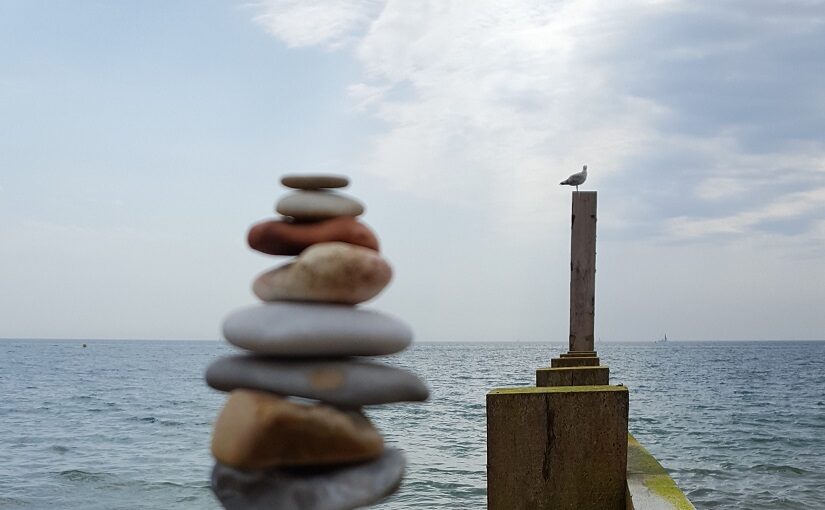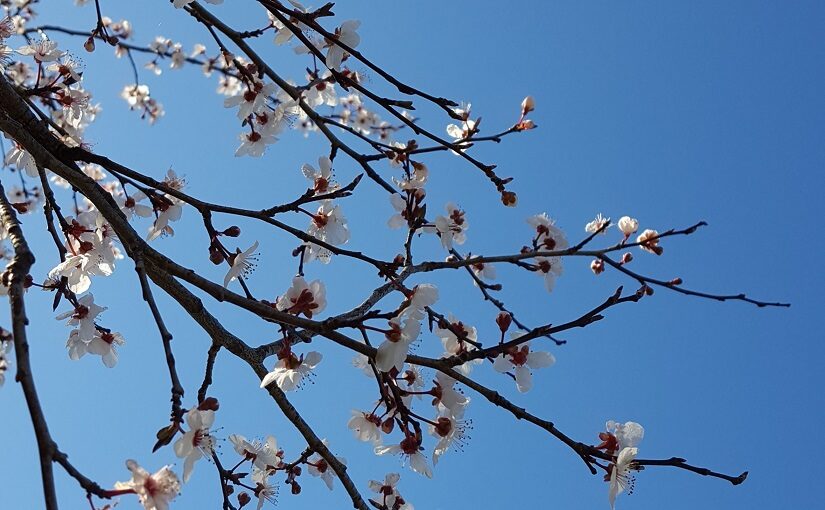How are we to approach the complex reality of being alive? All these details that make up our lives; all the ways those activities come together; all the struggles we all have; all the weight and history behind the systems or bodies of thought our lives unfold within. This sense in which we’re all “here”, living lives at different points within the same reality, with our main uniting point perhaps being our humanity.
Increasingly, it seems we’re all drawn into this one conversation: this one body of activities where choices and their consequences ripple out to affect people living different lives in remote places. As if the web of modern capacities has extended to pull the whole world into one fairly immediate discussion around what it is to be human. A conversation in which we all have our part.
Within that picture, how are we to address all that needs to be resolved? If, in almost every aspect, imperfections are causing problems that are being felt by individual or collective people, beings or resources, how are we to draw attention to those causes in ways likely to raise the kind of compassionate awareness that can lead to sustained changes in everyone’s lives?
Isn’t that what’s needed? That we gain a realistic sense of what our lives “are” and the impacts they’re having. That we extend ourselves to the point of caring for beings other than ourselves. That such a comprehensive understanding would lead us to make informed, responsible decisions that rightfully preserve the interests and future of all beings calling this planet home.
After all, if the consequences of our actions are far-reaching, isn’t that the extent of our responsibility? Technologies may have stretched the scope of “community” to the point where few can honestly imagine all our lives now play into, but that can’t absolve us from needing to grasp the significance of our actions.
Given that scope, then, isn’t it perhaps more effective if we’re fighting important battles on all fronts? That, each person tackling whatever life brought most pressingly to their attention, they’ll most likely have the strength to see that battle through to its conclusion. This idea of complex realities “needing” the multi-pronged engagement of numerous committed individuals.
Idealistically, of course, everyone would care rightly for everything; but what if reaching that point takes time? It also seems we’re different in how we see things, how we frame them, how we need to discuss them, and how we feel it best to respond. Despite this being one conversation around one reality, how realistic is the notion of a one-size-fits-all approach to change?
What if, somehow, life needs each person to push forward in whatever areas matter most to them while simultaneously finding ways to listen to the concerns of those equally passionate about other causes? Rather than disparate priorities cancelling one another out, feeling glad that we’re all, in our own ways, on the same side in striving to redress the many imperfections of modern life.
Notes and References:
The battlegrounds of our minds
Appreciating other ways of being
Bringing things into awareness
Times of revelation
Anger, and where we direct it
Can each be true to themselves?
Somewhere between ideals & realities
The courage & pain of change
Ways of being & what’s getting left out
Has everything already been said?
All we’re trying to uphold










